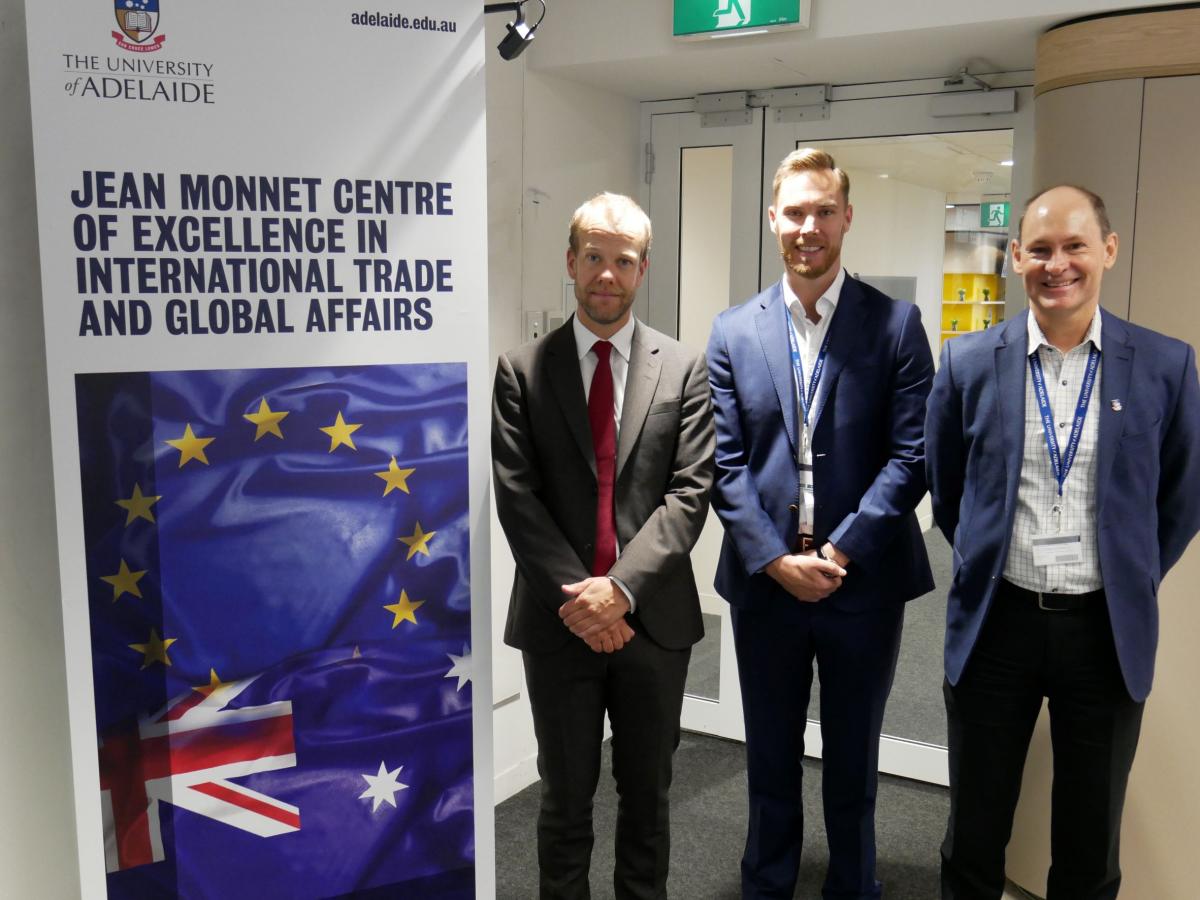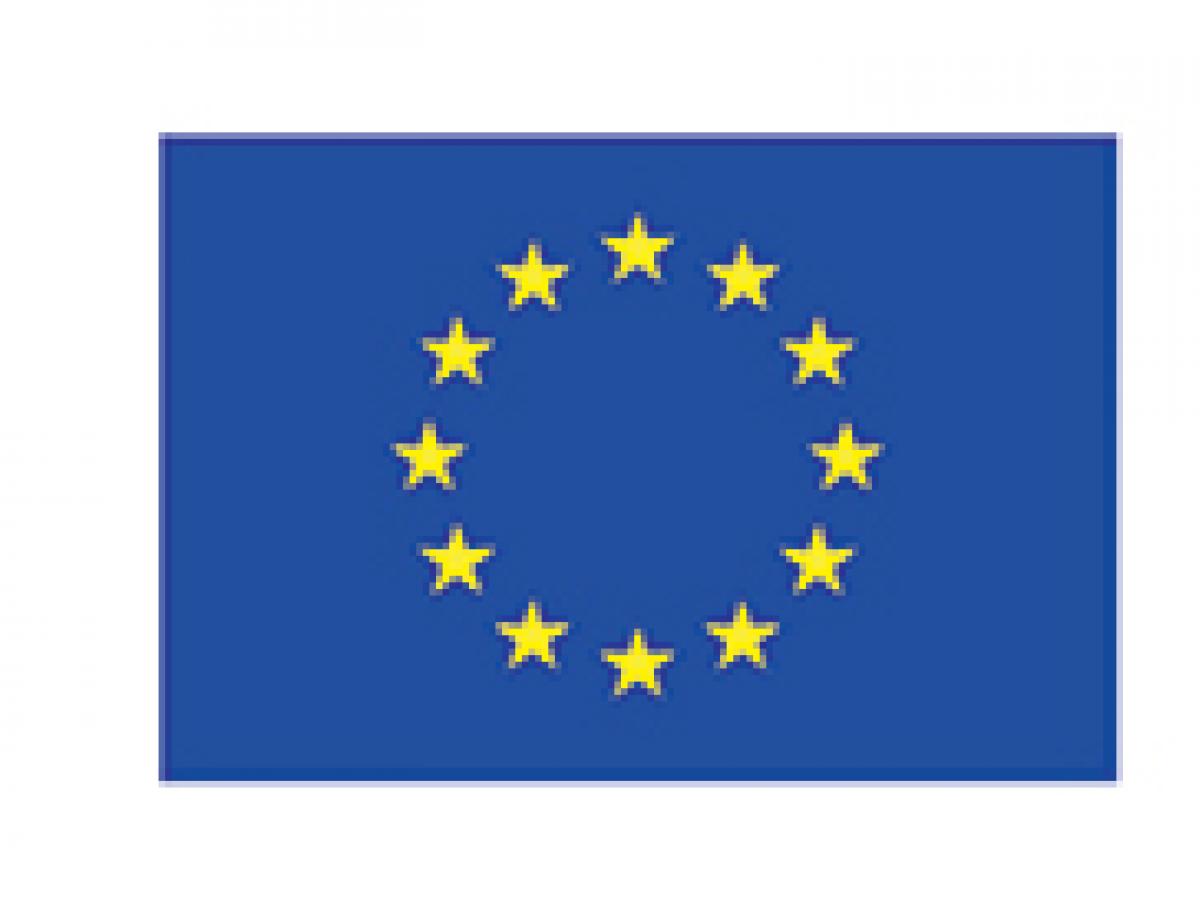Policy Roundtable: Economic Coercion and International Trade: the nature of the challenge and policy response options
A Policy Roundtable was hosted by Institute for International Trade, Centre of Excellence in International Trade and Global Affairs. Guest of honour Swedish Deputy Head of Mission Per Linnér, was invited to engage to speak to a number of stakeholders, academics as well as private and public sectors with the goal of engaging a broad-based conversation about this key issue.
Mr Linnér opened the discussion by providing a Swedish perspective, as well as relating Stockholm’s views to the wider EU debate and policy developments. Following that, the floor was opened to the distinguished guests to provide comments and replies to develop discussion.
A rich conversation revealed a number of key concerns amongst participants. First, is there a clear distinctions between rule-of-law sanctions and economic coercion? We agreed there was, with coercion being an action that fails to abide by existing international law, including trade agreements, and is non-transparent in application or resolution. Another concern raised was how rule-of-law societies can resist sliding into more arbitrary forms of response, given that economic coercion often involves grey-zone actions that are hard to define legally.
There were varying views on the degree of legal flexibility required to responds appropriately while staying within definable and transparent legal framework. Although there was a general agreement that maintaining a rule-of-law framework was important, despite the pressures and vulnerabilities this may entail when dealing with authoritarian states – where the latter can implement laws and actions much faster due to the absence of checks and balance on political power.
Possible responses discussed include an anti-coercion instrument being developed by the European Union. This tool is conceptualized as providing credible deterrence by legally allowing the EU to implement a quick and direct in-kind response to economic coercion. Much of the debate over this tools development swings around issues such as: how and when is an anti-coercion response triggered? Are there transparent trigger and removal conditions for the tool? Are there risks such a tool will be used for protectionist reasons? The EU members are currently discussing these questions, and it was recognized by participants at the roundtable that such questions required careful consideration and would demand nuanced policy development of an effective anti-coercion instrument.

Per Linnér, Deputy Head of Mission, Swedish Embassy.
Dr Naoise McDonagh & Prof Peter Draper, Institute for International Trade; Jean Monnet Centre of Excellence in International Trade and Global Affairs

Co-funded by the Erasmus+ Programme of the European Union
This work is licensed under Commons Attribution-NonCommercial-NoDerivatives 4.0 International License.
IIT is a global leader in researching, analysing and commenting on International Trade.
Stay informed about our up-and-coming seminars, events, publications, awards, new projects and collaborations, and other exciting news.
